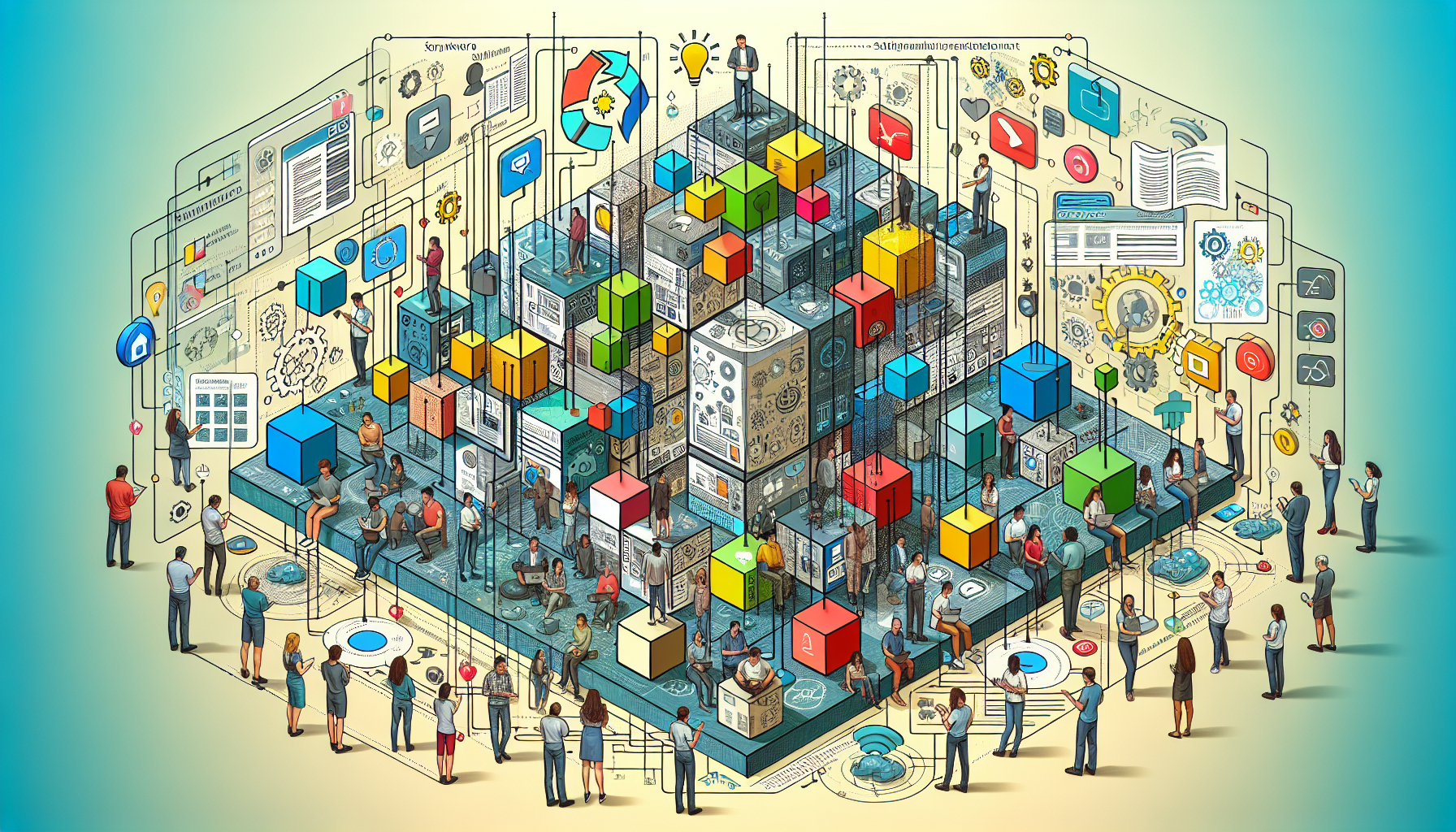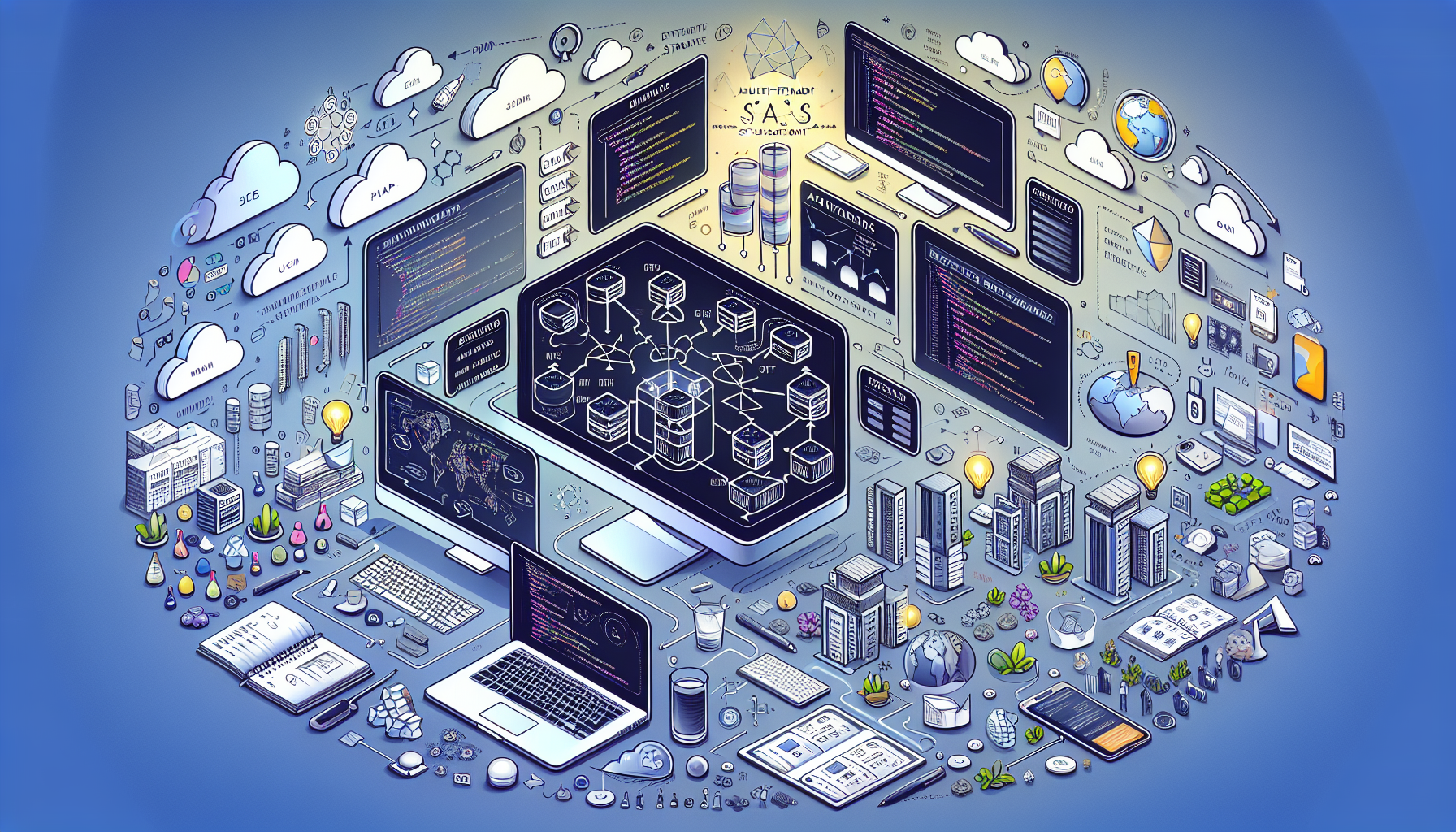Leveraging ChatGPT for Streamlined DevOps Processes: Integrating AI with Your Development Pipeline
DevOps, a set of practices that combines software development (Dev) and IT operations (Ops), aims to shorten the development life cycle and provide continuous delivery with high software quality. In recent years, Artificial Intelligence (AI) has begun to play a significant role in optimizing these processes. ChatGPT, a variant of the GPT (Generative Pre-trained Transformer) models, stands out as a particularly powerful tool for AI-driven enhancements in DevOps. This blog post explores how you can integrate ChatGPT into your DevOps pipeline to streamline processes and boost efficiency.
Introduction to ChatGPT in DevOps
What is ChatGPT?
ChatGPT, powered by OpenAI, is an advanced language processing AI model that can understand and generate human-like text based on given prompts. Its capabilities make it an excellent tool for a variety of applications within DevOps for both automating routine tasks and improving decision-making processes.
Why integrate AI in DevOps?
Integrating AI into DevOps can:
- Enhance automation of repetitive tasks
- Improve accuracy of operations through predictive analytics
- Foster innovation by freeing up human resources for more strategic work
- Enhance communication across development and operations teams
Practical Applications of ChatGPT in DevOps
Code Reviews
ChatGPT can be integrated into the code review process to automatically comment on pull requests. It can suggest improvements, identify potential issues, and even generate code snippets for fixes.
# Example: Using ChatGPT to comment on a pull request
review_comment = chatgpt.generate_review_comment(code_snippet)
print(review_comment)
Automated Error Handling
ChatGPT can assist in diagnosing and resolving errors by analyzing logs and error messages. By feeding it the error logs, it can suggest potential causes and solutions.
# Example: Using ChatGPT to analyze error logs
error_description = chatgpt.analyze_error(logs)
print(error_description)
Infrastructure Management
Using ChatGPT for managing infrastructure, especially in the realm of cloud services, can result in more effective resource management. For instance, it could automate the setup of new environments or suggest optimizations for cost savings.
Documentation and Training
Automatically generating documentation and training materials based on the current codebase and system architecture can significantly reduce the workload on human resources and ensure accurate, up-to-date materials.
Challenges and Considerations
- Data Privacy and Security: When implementing AI in DevOps, consider the security of the data being processed by AI models like ChatGPT.
- Integration Complexity: The integration of AI technologies into existing workflows can be complex and requires careful planning and execution.
- Reliance on Quality Data: The effectiveness of AI in DevOps relies heavily on the quality of the data it is trained on.
Conclusion
Integrating ChatGPT into your DevOps pipeline can enhance the efficiency and accuracy of numerous DevOps processes, from automatic code reviews to infrastructure management. By offloading routine tasks to AI, DevOps teams can focus more on strategic goals, driving innovation and efficiency. However, it’s crucial to approach integration with consideration for privacy, data quality, and the complexities of your specific systems. As AI technologies like ChatGPT continue to evolve, their potential to revolutionize DevOps will only grow.




